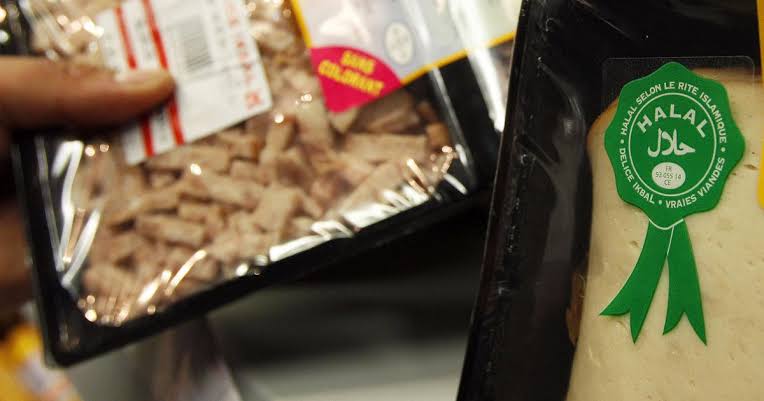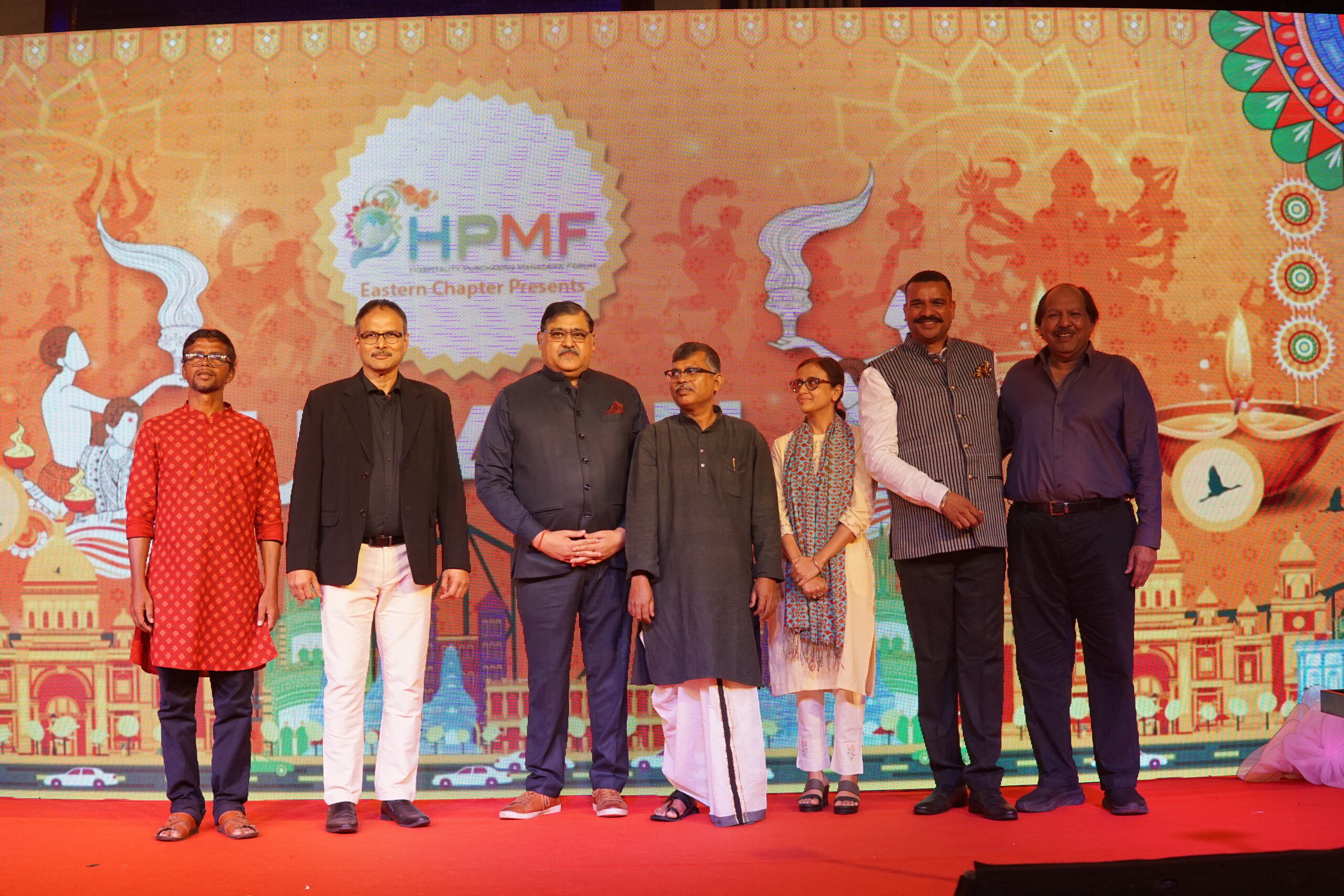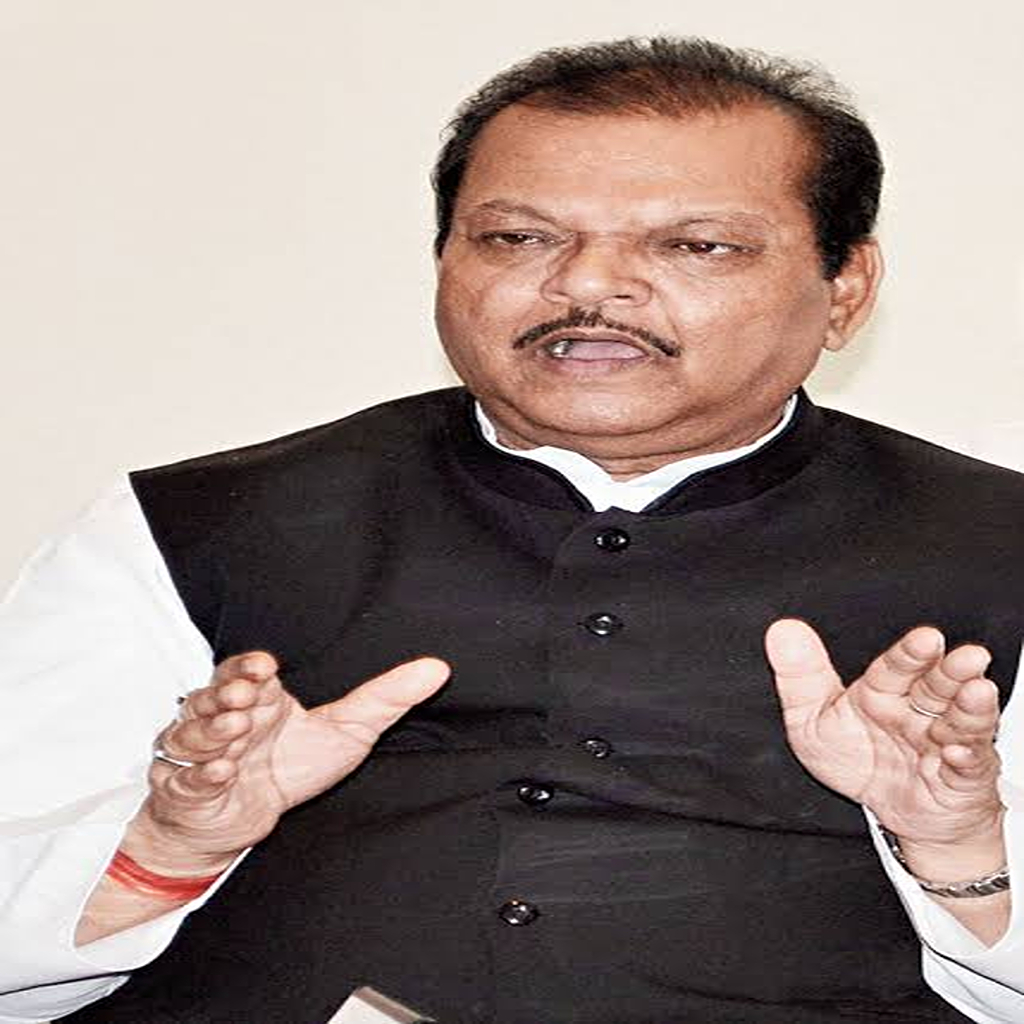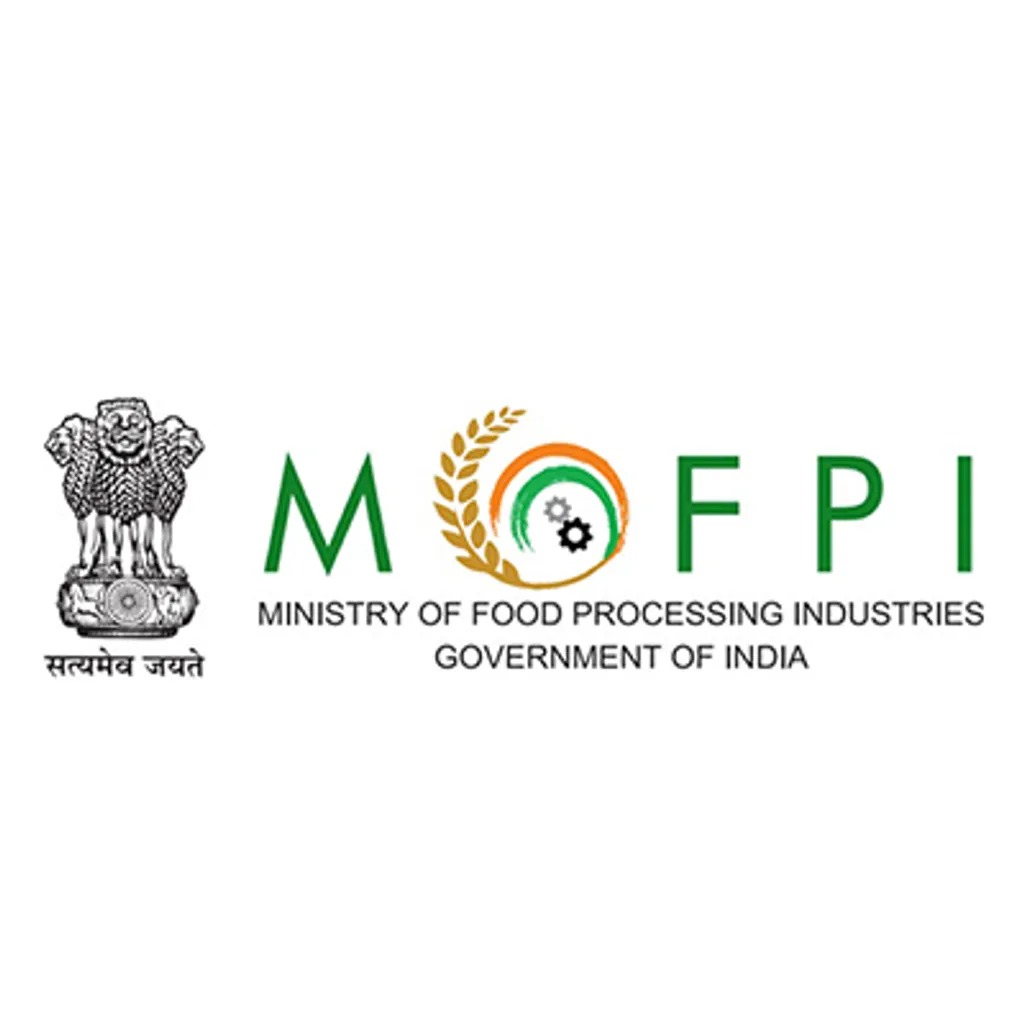
The Uttar Pradesh government, represented by Solicitor General Tushar Mehta, raised a significant issue in the Supreme Court regarding halal certification extending beyond meat products. Mehta expressed surprise at the certification being applied to non-meat items, including construction materials and daily-use goods like wheat flour and gram flour.
The discussion arose during a hearing challenging a state government notification banning the manufacturing, storage, and sale of halal-certified food items in Uttar Pradesh, except for those intended for export. Mehta argued that non-believers of halal practices are being burdened with additional costs for halal-certified goods, questioning why they should bear this financial implication.
While halal certification traditionally applies to meat and food products prepared under Islamic law, Mehta pointed out its expanded usage. “It is shocking that even cement and iron bars are halal-certified. How can products like ‘atta’ and ‘besan’ be categorized as halal or non-halal?” he asked. He further stated that halal-certifying agencies collect substantial fees, potentially amounting to several lakh crore rupees, which contributes to the higher costs of such products.
The petitioners defending halal certification argued that it is a voluntary practice aligned with lifestyle choices and consumer preferences, emphasizing that no one is compelled to purchase halal-certified goods.
The Supreme Court bench, comprising Justices BR Gavai and Augustine George Masih, granted the petitioners four weeks to file a rejoinder. The matter is scheduled for further hearing in March.
This legal dispute could have far-reaching effects on the food and hospitality sectors, especially in Uttar Pradesh. Halal certification has become an important consideration for businesses catering to diverse consumer bases, particularly in food production, dining establishments, and export markets. However, the concerns raised by the government spotlight potential challenges, including cost implications and market dynamics for non-halal consumers.
If the court upholds the ban or places restrictions on halal certification, businesses operating in Uttar Pradesh may need to reassess their supply chains and marketing strategies.







